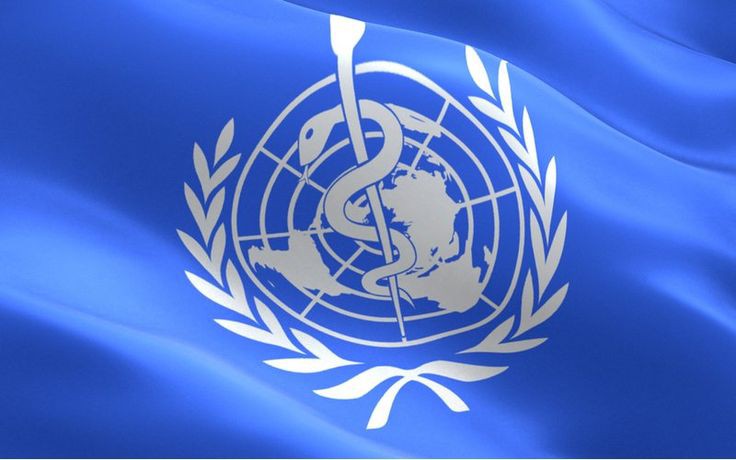Nigeria’s health minister, Dr. Osagie Ehanire has blamed the spread of a deadly disease known as Diphtheria on a lack of proper vaccination among some individuals or communities. He said this While speaking with African Leadership Magazine and others at the ministry’s headquarters in Abuja, recently.
He said in order to curtail the spread of deadly diseases in the African continent and indeed Nigeria, vaccination must be taken seriously and administered as when due right from birth. And that those who have taken some vaccines lately against COVID-19, should ensure they complete the doses, and as for such who have completed the doses should consider taking the booster Jabs just to keep strengthening their immune system against diseases, adding that vaccines do wear out over a period of time hence the need for booster jabs.
The minister gave the position when African Leadership Magazine’s King Richard asked for data on the spread of Diphtheria in the country and what the government is doing to curtail the menace.
The health minister said Nigeria has recorded 123 confirmed cases of diphtheria disease and 38 deaths in different parts of the country as of January 22, 2023. While breaking down the figure revealed that Kano state, in the Northwestern part of the country has 100 confirmed cases and 32 deaths, Lagos, in the South West has five confirmed infections and three deaths, Yobe, in the North East has, 17 confirmed incidents, and three fatalities, while Osun also in the South West recorded one confirmed case and no death so far.
Diphtheria is an acute febrile contagious disease caused by strains of bacteria called corynebacterium diphtheriae that produces a toxin causing inflammation of the heart and nervous system.
It is typically marked by the formation of a false membrane, especially in the throat, that hinders breathing and swallowing, and potentially fatal heart and nerve damage due to the bacterial toxins in the blood. It is the toxins that cause people to get very sick.
The diphtheria bacteria are spread from person to person, usually through respiratory droplets, like from coughing or sneezing.
People can also get sick from touching infected open sores or ulcers.
Those at increased risk of getting sick include people in the same household; people with a history of frequent, close contact with the patient; and people directly exposed to secretions from the suspected infection site (e.g., mouth, skin) of the patient.
It is now rare in developed countries because of immunization.
Dr. Ehanire stated that the Nigerian Center for Diseases Control has sent correspondences to states to heighten surveillance for diphtheria and prompt reporting.
Adding that the disease center was supporting states to respond and control the spread of the outbreak. He assured that the country has trained clinicians to promptly diagnose and contain the epidemic.
He further stated that the disease center was supporting states by providing antitoxins for the treatment of confirmed cases of diphtheria and that with the support of partners, it had organised a workshop for laboratory scientists in states to increase diagnostic capacity for diphtheria.
According to him, participants were trained on how to culture, identify and assess the susceptibility of causative agents of diphtheria directly from clinical samples.
He empasied that diphtheria is a vaccine-preventable disease, thereby urging Nigerians to ensure that their children are fully vaccinated against the disease with the prescribed three doses of the pentavalent vaccine.




